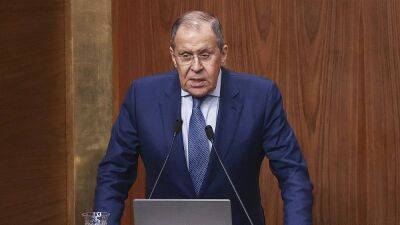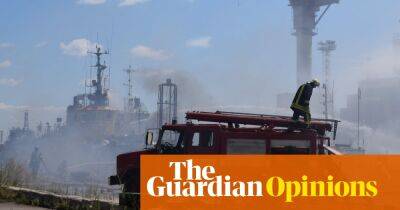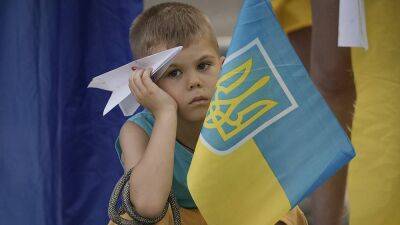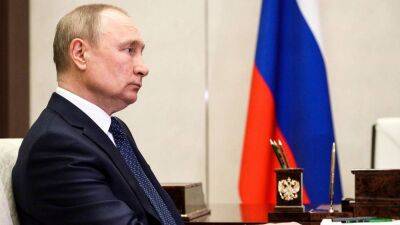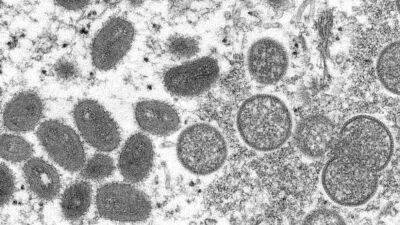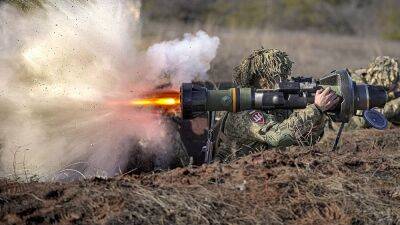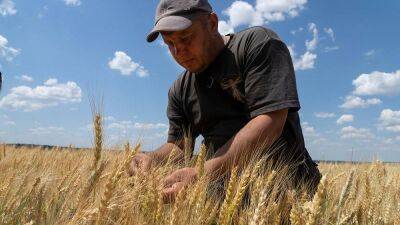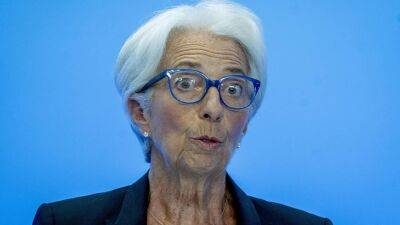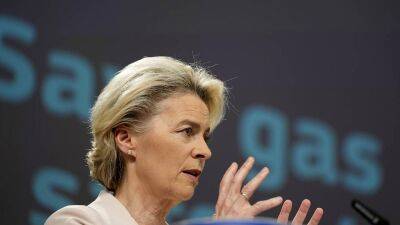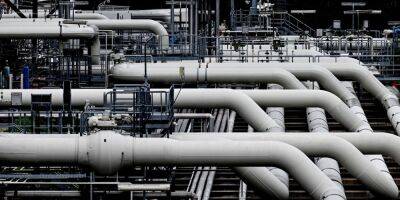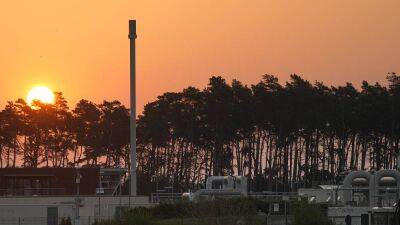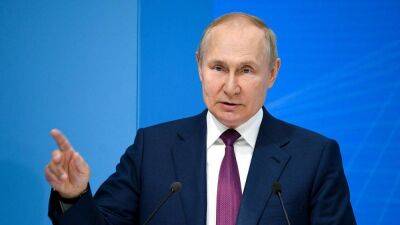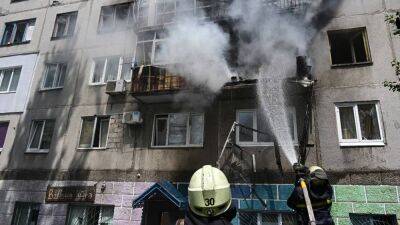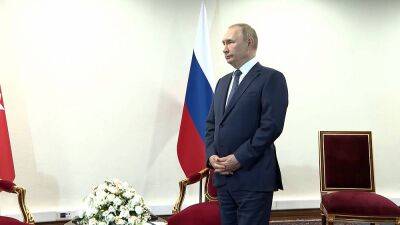Germany worries about gas rationing as supply from Russia halted
Germans are fretting about the coming winter freeze even while Europe sweats in record temperatures, amid uncertainty over whether a complete stopping of Russian gas deliveries would force energy rationing on private households as well as industry.
Germany, which has managed to reduce its reliance on Russian gas from 55% to about 35% of its demand since the start of the Ukraine war, is still heavily reliant on the Nord Stream 1 pipeline, which closed down for 10 days from 11 July due to scheduled maintenance works.
The two other pipelines that usually carry Russian gas to Germany are also currently not servicing the country. Gazprom in May ceased deliveries through the Yamal pipeline passing through Belarus and Poland, while the Ukraine-transiting Transgas, an extension of the Soyuz pipeline from Russia, is having deliveries to Slovakia and Austria prioritised.
Sources in Moscow told news agency Reuters on Tuesday that Nord Stream 1 was expected to resume operation on time, though at less than its capacity of about 160m cubic metres (mcm) a day.
However, if Vladimir Putin does not turn the tap back on at the end of the maintenance period on Thursday – as a majority of Germans expect, according to one recent survey – it would put particular strain on Europe’s largest economy.
“The worst-case scenario is that European countries will need to reduce their gas consumption by around 15%,” said Simone Tagliapietra, a senior fellow at the Brussels-based economic policy thinktank Bruegel.
Germany, however, would have to find reductions of almost 30%, or 20% if it manages to complete two floating LNG terminals in the North Sea ports of Wilhelmshaven and Brunsbüttel by the start of next year, as planned.
“If European states fall into
Read more on theguardian.com


